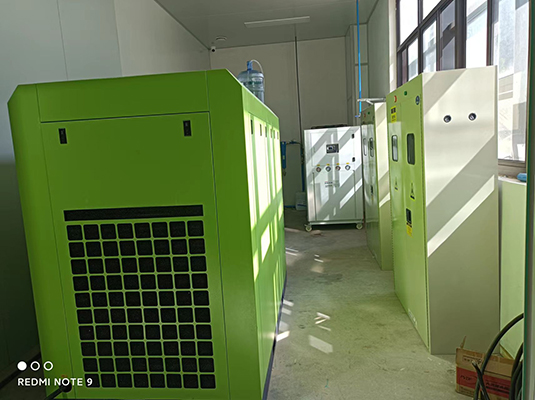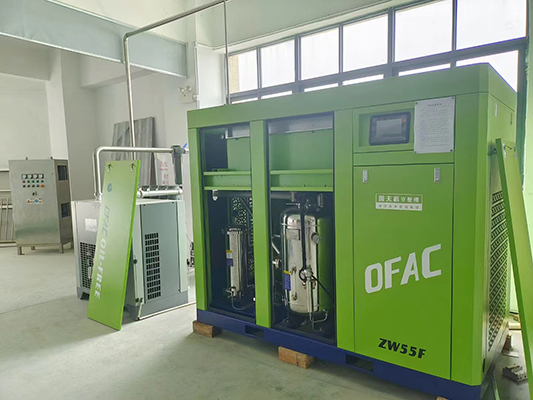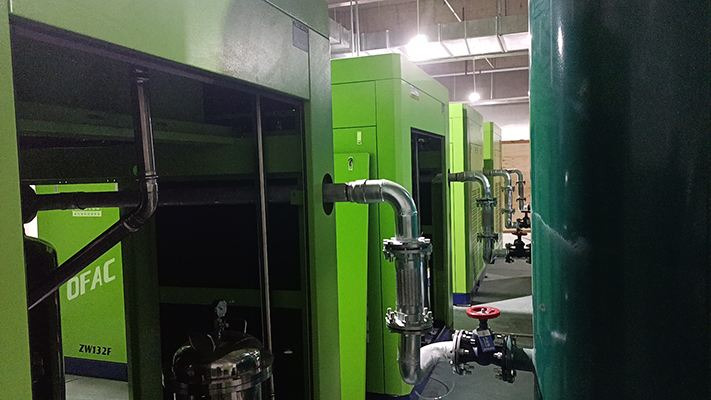low pressure air compressor filter replacement schedule to maintain air quality
News 2025-10-24
Low pressure air compressors are essential in various industrial settings, providing compressed air for tasks that demand high reliability and efficiency. Filters play a crucial role in removing contaminants like dust, oil, and moisture, which can degrade air quality and lead to system failures. A regular replacement schedule is vital to ensure consistent performance, prevent costly downtimes, and maintain the integrity of processes where air purity is critical. By adhering to manufacturer guidelines and monitoring usage, operators can sustain optimal air quality and extend equipment lifespan.

Application Scenarios
Low pressure air compressors are widely used in industries where air quality directly impacts operations. In food processing, they supply clean air for packaging and handling to avoid contamination and ensure food safety. The automotive sector relies on them for painting and assembly, where pure air prevents defects in finishes. Additionally, in pharmaceuticals, these systems provide contaminant-free air for sensitive manufacturing, highlighting their importance in maintaining product standards and regulatory compliance.
Performance Benefits
Regular filter replacement enhances the efficiency and reliability of low pressure air compressors. Clean filters reduce energy consumption by minimizing pressure drops, leading to lower operating costs and improved system performance. They also protect downstream equipment from damage caused by particulates, extending the compressor’s life and reducing maintenance needs. This practice ensures smoother operations, higher productivity, and better air quality, which are key for achieving long-term cost savings in industrial applications.
Filter Replacement Schedule
A structured replacement schedule is fundamental for preserving air quality in low pressure systems. Filters should typically be changed every 3 to 6 months or after 2,000 hours of operation, depending on factors like environmental conditions and usage intensity. Routine inspections help identify when replacements are needed, preventing issues such as reduced airflow or contamination. This approach not only safeguards air purity but also supports efficient industrial processes by minimizing risks and ensuring consistent performance.
Frequently Asked Questions
1. How often should filters be replaced?
Answer: Filters generally need replacement every 3 to 6 months or based on usage and environmental factors to maintain optimal air quality.
2. What signs indicate a filter needs changing?
Answer: Common indicators include decreased air flow, increased pressure, unusual noises, or visible dirt buildup on the filter.
3. Why is air quality critical in these systems?
Answer: Poor air quality can cause equipment damage, product contamination, and health risks, making regular maintenance essential for safe and efficient operations.


